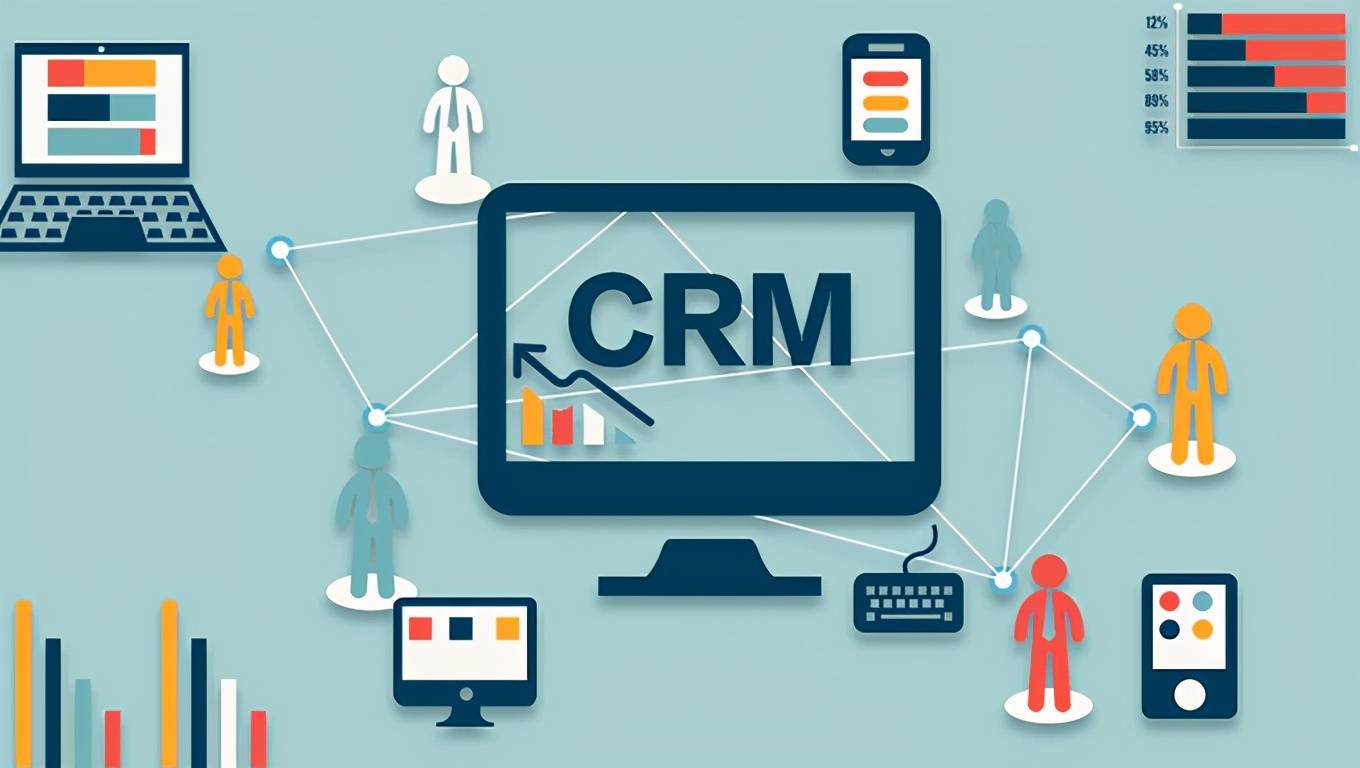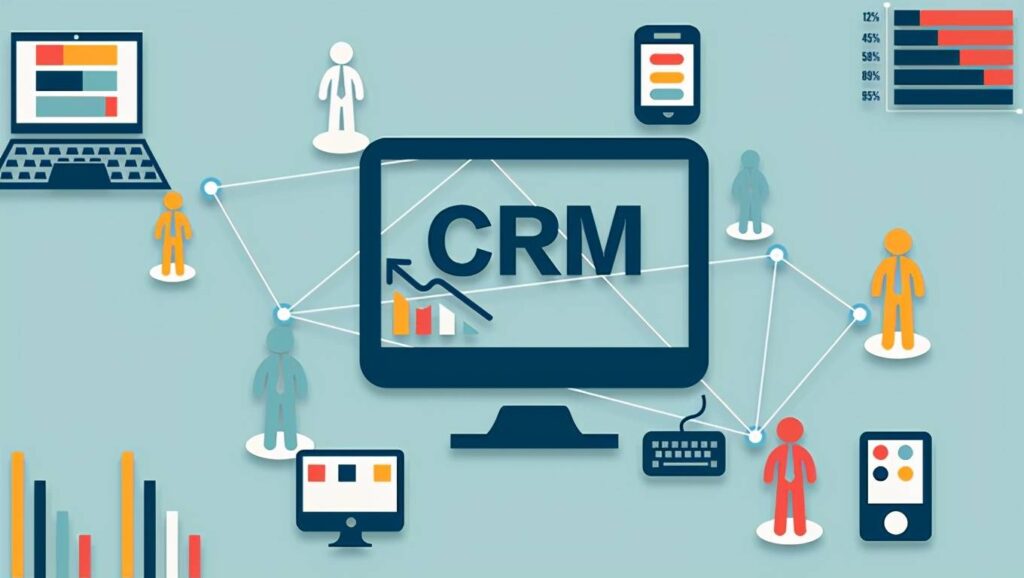Operational CRM
Sales force automation, marketing automation and service automation are three essential parts of operational CRM. Sales force automation plays an important role in the whole process of sales, including storing contact information and finish the conversion from a potential customer to a real customer. It analyzes sales promotion, traces customers’ accounts for purchase history automatically and coordinates participants involving in all stages of sales. It tracks and updates interaction information of salespersons and clients. Marketing automation simplifies the whole marketing process in order to improve efficiency. With the support of marketing automation, CRM tools can execute repetitive works, such as sending e-mails for marketing to clients and updating posts for advertising through social media. Marketing automation of CRM tools convert leads to clients and orders. Service automation of CRM tools aims at offering high-quality service for customers through technology.




